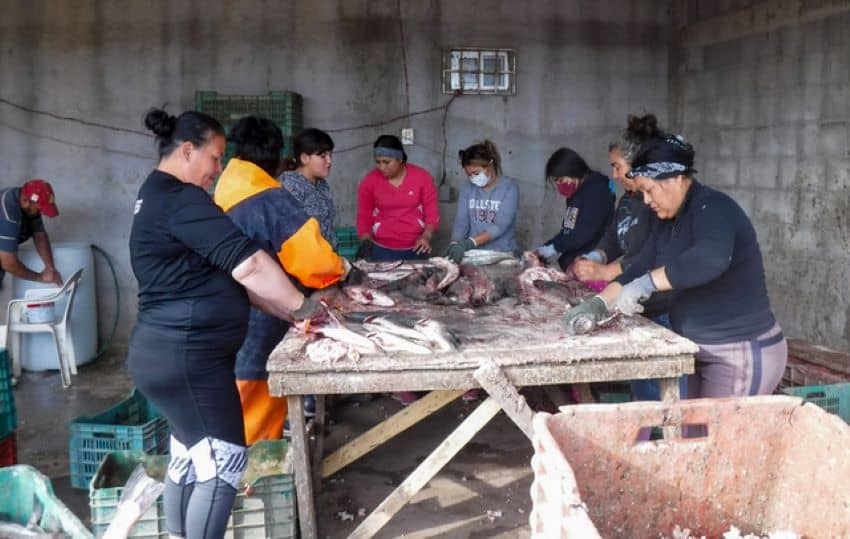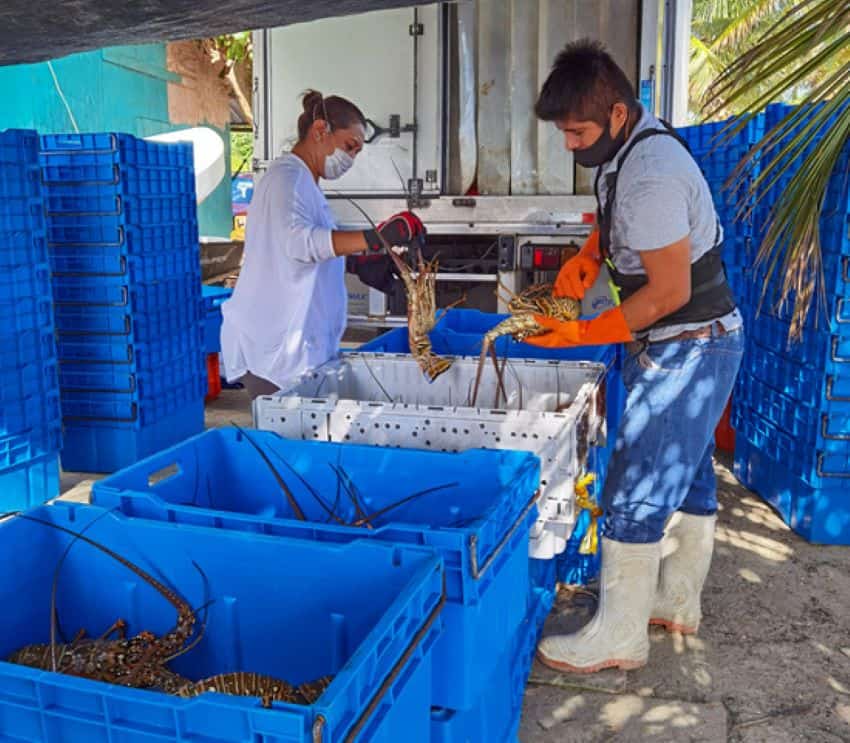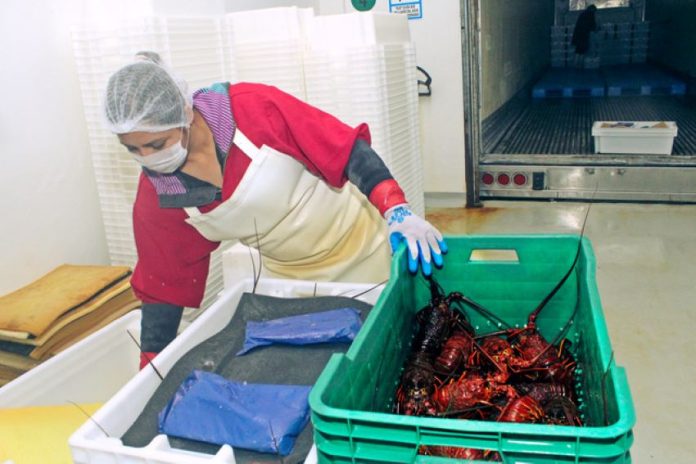Environmental writer Omar Vidal recently interviewed Dr. Jorge Torre, director-general of Biodiversity and Community, a science-based organization with more than 20 years’ experience promoting sustainable artisanal fisheries side by side with fishing communities. They discussed fisheries, gender equality and the impact of Covid-19 on the men and women of the Sea of Cortés, the Mexican Pacific and the Caribbean Sea.
Q: Fishing in Mexico is in crisis. Overexploitation, perverse subsidies, illegality and obsolete technologies for catch and production all impact the marine resources and millions of families. What can we do?
The chaos in Mexico’s fisheries is undeniable, as is their social and economic importance. Mexico today has 300,000 fishermen, both men and women, who support 2 million families in 10,000 rural fishing communities averaging fewer than 15,000 inhabitants each.
Fishermen adapt to crisis by combining their assets, knowledge, flexibility, wise management and capacity to work with others. Communities are increasingly less isolated and adopting new communication tools (social media and mobile technologies) to exchange information and make decisions. They share knowledge and innovation, they connect with buyers and consumers and they share solutions to the challenges posed by illegal fishing, overexploitation and market failures.
They make decisions based on their experience and available knowledge. Some of their choices move them toward sustainability, others push them away. The women and men who work in the fishing sector easily adapt [and] can quickly switch from one fishery to another, develop new fishing techniques and rapidly find new markets.

On the other hand, and in clear contrast, government authorities spend too much time designing and implementing fishing policies, sometimes even decades. There is an obvious mismatch between the political processes and fishing activities, which in turn creates a chasm between policy-making and day-to-day fishing. Lack of capacity, improvisation and governmental bureaucracy are not up to the efficiency with which the fishing communities innovate and adapt themselves to a changing world.
This, I believe, is one of main challenges for Mexico’s fisheries. We need to look for sustainable solutions beyond the traditional systems, and we must do so through innovation, by connecting people and by scaling up those solutions. Fishermen already have available many of those approaches; we just need to listen to them.
Q: How has the Covid-19 pandemic impacted the thousands of men and women that work and depend on the sea?
The fishing communities are particularly vulnerable. Social and economic challenges, such as insecurity, lack of access to education and medical care, unemployment and organized crime are all major obstacles to the sustainable use of marine resources throughout the world. Mexico is no exception.
To gather information on the impact of Covid-19 on fishing communities, we conducted 1,500 interviews with 300 fishermen, men and women, from 102 communities in the 17 Mexican coastal states over eight months in 2020. In the initial phases of the pandemic, the fisheries endured a massive closure but then slowly opened again.
The impacts have been devastating. Most fishermen did not have the financial resources to cope with the pandemic, and need exceeded the provisions available from many fishing organizations. The more distant communities kept themselves isolated; fishermen went fishing and shared their catches with the rest of the community. Other communities requested that all visitors take a Covid-19 test.
It became clear to the communities that they should not just sit and wait for help from the government but that they needed to work together for the common good, to connect, share ideas and organize themselves to deal with the crisis. Although many fishermen marketed their catches using social media, there is a serious digital technology gap, and not all have such access due to high costs. However, the internet and cellular phones have become key tools for the fishing communities.
Q: Why is gender equality important for fishing, a traditionally male-dominated activity?
Since 1998, I have participated in hundreds of meetings involving the fishing sector: it has always been the same men repeating the same things, making the same mistakes, time after time. The consequences of this approach speak for themselves.
Most fishing is carried out by men, but the fishing system is not exclusively male-dominated. There are seven men for every woman directly employed in fishing, while the proportion of men and women indirectly employed (pre- and post-catch) is 1:1.
Less than 10% of women are members of a fishing cooperative or occupy a managerial position therein. They are caught in a net of inequality. It seems that the only way they can participate in decision-making is by having a fishing permit, but those permits overwhelmingly go to men.
If there is no gender equality in decision-making, we lose knowledge, the balance among different opinions and the opportunity to embrace creative solutions to tackle the challenges of marine conservation.

Q: What is your opinion on the role that the National Commission on Aquaculture and Fisheries has played as the agency responsible for the management of fishing in Mexico?
Since I was an undergraduate student 30 years ago, I have been listening to the fishing sector saying the same thing over and over: there is no proper management, nor enforcement, nor enough financial resources for long-term scientific and technological research. Nothing has changed, regardless of the political party in office.
Every federal administration brings its own “new” ideas, announces pride in Mexican fisheries, gives away temporary and minuscule financial support and measures progress in kilos of fish and nothing else. When every administration departs, matters are always worse than before, a legacy that is handed over to the next administration. Meanwhile, fishermen and fishing continue to be abandoned in terms of any serious government support.
Q: What is your message to President López Obrador?
Mr. President, being a fisherman is one of the few legitimate jobs in which people risk their lives every day. Giving away money to individuals may help temporarily palliate them, but what the fishing sector urgently needs is a long-term plan based on science and sustainability.
Today, Mexico has a sound sustainable fishing and aquaculture law: why do we not apply it, instead of continuing to talk and walk in circles?
Q: Define, in one word, the management of fisheries during the last four federal administrations.
Vicente Fox: indolence. Felipe Calderón: forgot. Enrique Peña Nieto: sham. Andrés Manuel López Obrador (?).
Omar Vidal, a scientist, was a university professor in Mexico, a former senior officer at the United Nations Environment Program and a former director-general of the World Wildlife Fund Mexico.
